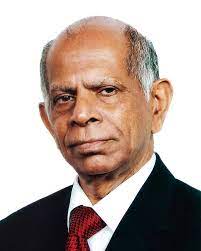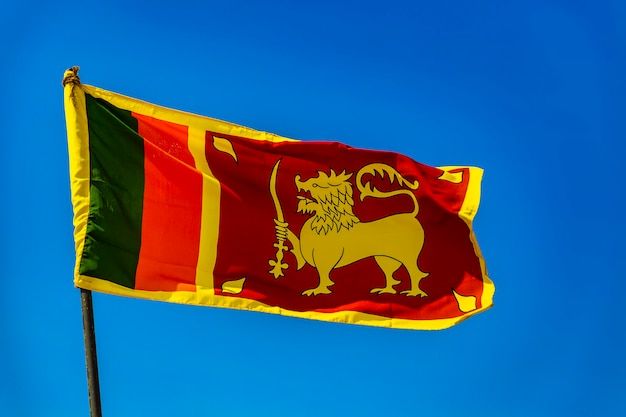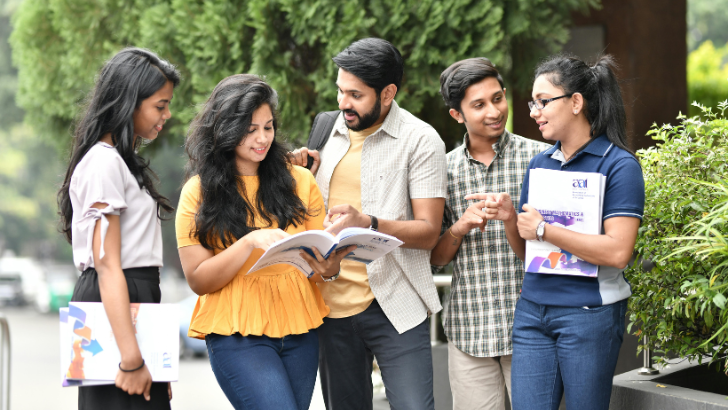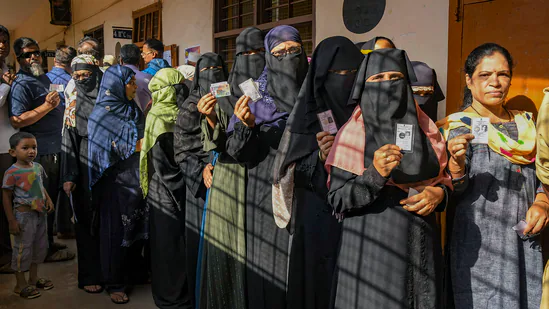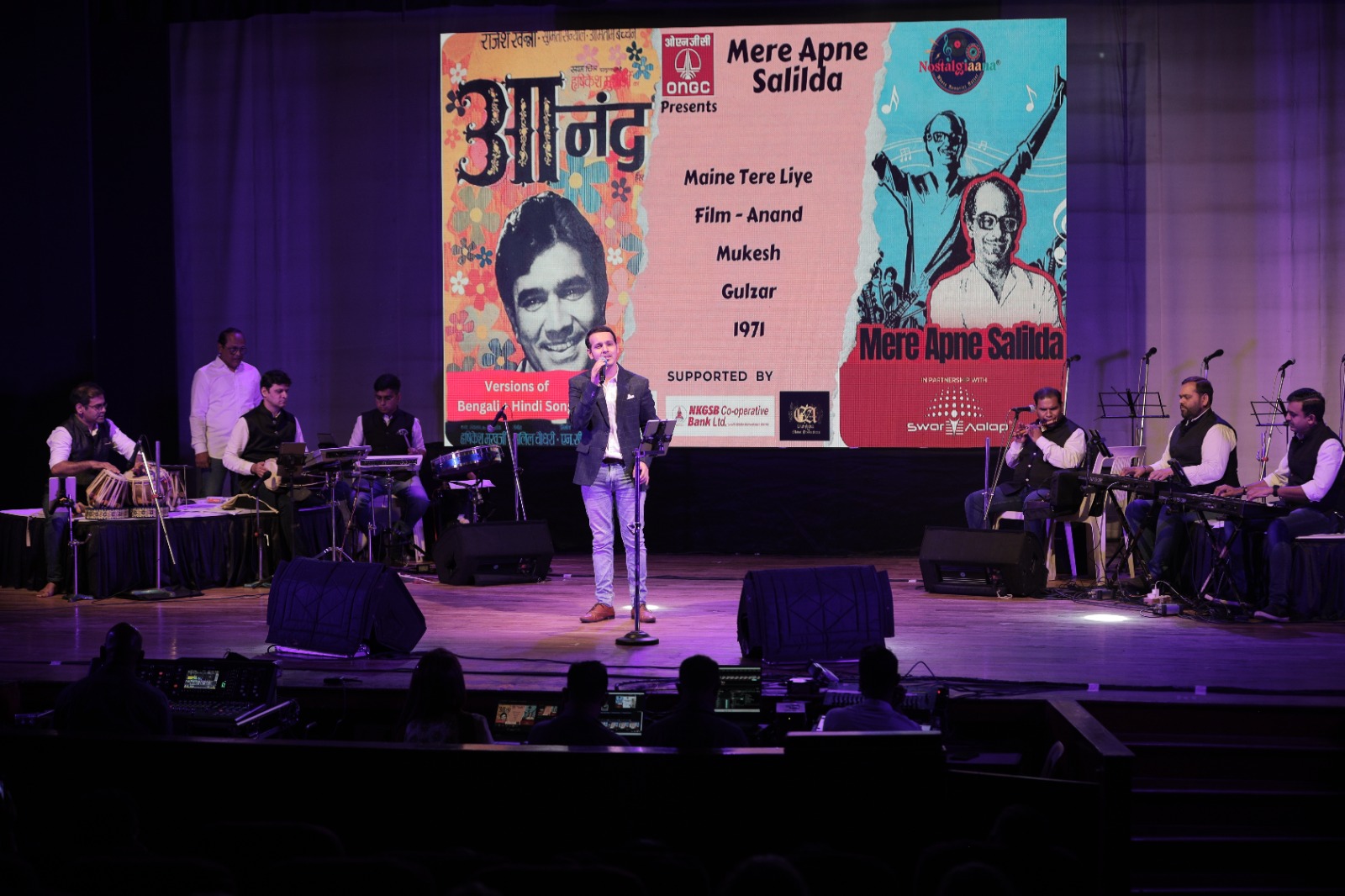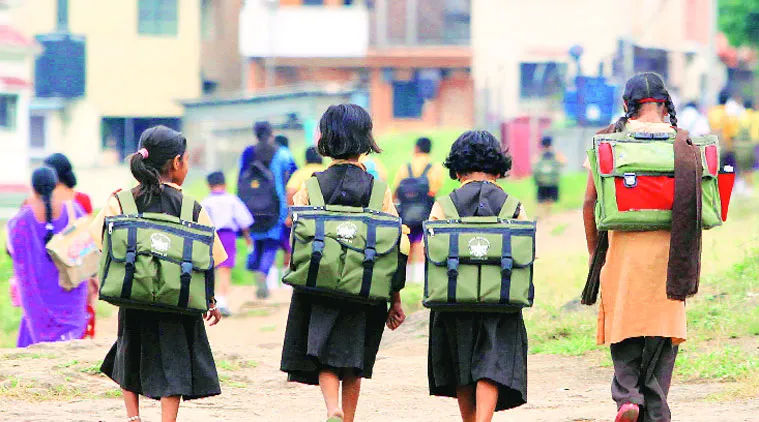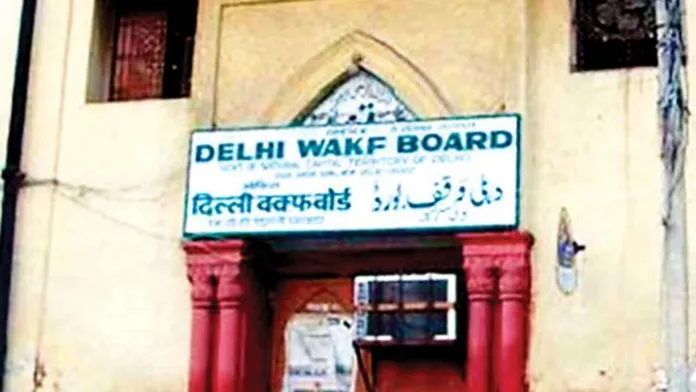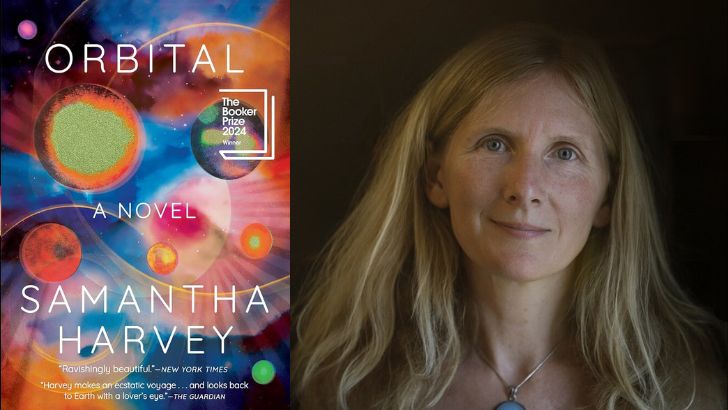Where is Sri Lanka going?
It is crystal clear that the parliament is legal, but not legitimate. But a political class able and willing to recognise its errors and determined to mend its ways could have rendered the parliament legitimate.
To my mind, and I shall be glad to be proven wrong, the choice of Ranil Wickremasinghe as President by the Parliament was unfortunate. The Sri Lankan political class had a chance to introspect and accept their responsibility for the fall of the country. A chance to accept their fall from an admired and envied status of a lower middle-income state with creditable development indicators to being a miserable ?basket case? defaulting on loans, with shortages in abundance. They could have taken appropriate and credible corrective action.
It is crystal clear that the parliament is legal, but not
legitimate. But a political class able and willing to recognise its errors and
determined to mend its ways could have rendered the parliament legitimate. How
Wickremasinghe got 134 votes appears to be a mystery. There have been reports
of money being paid. But we lack credible information.
It is a pity that Wickremasinghe should have sent security
forces to beat up the protesters in the early hours of Friday morning, 21 July, 2022,
while they had announced their plan to vacate the site by 2pm the same day. His
references to the protesters as ?Fascists? were not presidential, to put it
mildly.
It is difficult to understand why the President did not deem it necessary to go himself to the protest site and address them. If he feared for his safety, he had the option to go on television. He could have told them that the Presidential Secretariat is the heart of the government; the citizens should vacate; the talks with the IMF and friendly donor countries are about to take place to end the shortages and to restore the economy. There would be elections to the parliament and presidency as soon as the shortages end.
(The writer served in the Indian Foreign Service from 1964 to 2000. His last posting
was in Rome, as Ambassador to Italy and Permanent Representative to UN
Organisations, including Food and Agriculture Organisation, World Food
Programme, and International Fund for Agricultural Development. Ambassador
Fabian's book THE ARAB SPRING THAT WAS AND WASN'T was published by
MacMillan Education in July 2022)
Leave a Reply
Your email address will not be published. Required fields are marked *








